Author Workshop on Manuscript Preparation for Korean Researchers
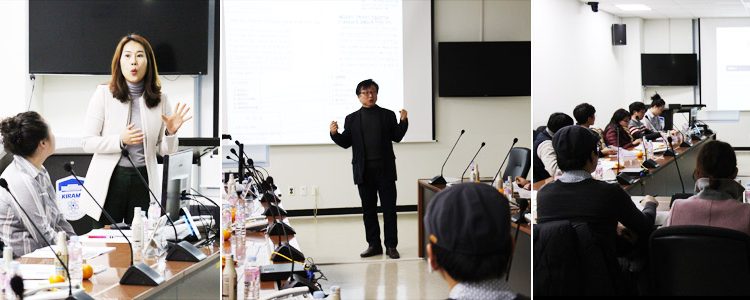
Seoul, South Korea: Enago, in collaboration with the Korea Institute of Scientific Commercialization (KISCL) and Korea Institute of Radiological & Medical Sciences (KIRAMS) conducted an author workshop for early-stage researchers, to help them improve their understanding of manuscript preparation and academic publishing. The speaker for the workshop was Dr. E. S. Hwang, a member of the Council of Korean University Research Ethics, and Chair, Committee of Publication Ethics for CASE (Council of Asian Science Editors).
The workshop was attended by young early-stage Ph.D. students who generally find it challenging to draft research manuscripts in English. In order to address the above, the workshop extensively focused on the basic guidelines for article structuring prior to journal submission. Practical advice on the correct usage of language and grammar was also shared with the workshop attendees, who enthusiastically looked forward to submitting their manuscripts to top-notch international journals.
Towards the end of the workshop, the speaker addressed various participant queries on manuscript preparation and provided constructive tips on selecting an appropriate journal for submission.
The spokesperson for Enago’s Korea office said, “Enago Academy always seeks to share knowledge that can help researchers and academicians publish successfully. Our workshop was specifically focused on giving detailed insights to early-stage researchers and we hope to conduct more such workshops in the future.”





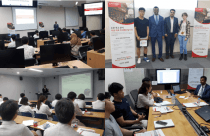
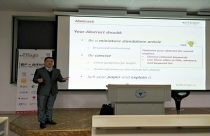
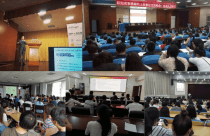
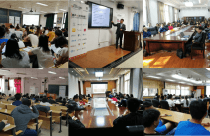
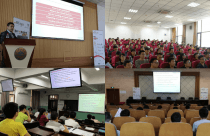
Comments are closed.